When I was 16, I hitchhiked with my older brother from Los Angeles to Vancouver. Being lean and hungry types, we knew we needed fortification for the long journey. So it made perfect sense that we’d load our backpacks—already substantial, with their sturdy wood and metal frames—with canned foods of every type. Chili, fruit cocktail, soup. That one of the laden backpacks now weighed about as much as a sports car wasn’t that daunting until a day or two into the trip. We were young, after all.
Two summers later, I was a more minimalist hitchhiker, going from LA to Seattle to visit that same brother, who had moved there. So minimalist that not only did I not pack a crushing weight of cans, but also left behind all my shoes, having decided in my last year of high school that wearing shoes was a betrayal of natural living. The toughened hooves that were my feet shocked a nice family man who picked me up. He insisted that I take the extra pair of his young son’s shoes—that his son’s feet were size 9 and mine 13 didn’t deter the fervor of his command. I wore them with a tight grimace, and abandoned them when he dropped me off.
Travelers often prepare for circumstances that never happen and are wholly unprepared for those that do. I lived on a Micronesian island a decade ago, where the temperature rarely dipped below 85, and the humidity easily matched. So the wool blanket I brought—“just in case”—only had the purpose of being a pad for geckos to relax on in between hunting expeditions.
But it wasn’t just the wool blanket left behind. My girlfriend and I had signed a three-year contract to teach on that little island, so we arrived with a big container filled with furniture, beds, washer and dryer and more—a full household complement. When my father had a serious stroke one year in and we had to return (minus the school’s shipping allocation, since I broke the contract), we had a fire sale of goods to obliging islanders. We arrived laden, and departed light, an unburdening of sorts.
Then there are items you pick up traveling and leave behind. In Bali, a vendor literally pulled me into her stall: “Morning price! You buy!” It was the start of a day’s good fortune to make a morning sale, and who was I to refuse? I bought a pair of sandals for those big feet. But they weren’t quite right. Then I brought them back for exchange. And brought those back the next day. And then yes, that pair too. This could have become a continuing Marx Brothers routine, but I finally realized the solution. I left the fourth pair in my room —perhaps someone has made them into tiny sailboats.
While in Bali, we ordered a lot of furniture to be shipped home. It arrived in big crates, but one was full of things—tall statuary figures, fierce dragons, big Buddhas—that I didn’t order. When I contacted the company, the agent told us that some other guy named Tom in America had ordered stuff too, and they figured they could send his along with mine. I got to keep it all for $100, which probably saved us $500 shipping it back, which was their first request.
These days, I take more pleasure out of experiencing—rather than buying—things. At the splendid Changi Airport in Singapore, I wandered into a high-end liquor shop where a fine fellow waved me over to the tasting bar and proceeded to pour a flight of fine whiskeys. No selling, only pleasuring. Booze in transit can be much better than booze that arrives, such as the bottle of tequila we bought in Panama, whose bursting only made all of my girlfriend’s clothes drunk on arrival in LA.
But we have taken away something intangible but significant from our travels: a deep feeling for island living and the endless allure of the sea. Since the Micronesian days, we have house-sat for months at a time in the Bahamas, Panama, a couple of the Hawaiian Islands, in the Grenadines. No wool blankets came with us on these occasions, but one thing is always packed: the desire to live in these places not as tourists, but as intimates, however challenging it is to be intimate with a place for those brief chunks of time. We’ve always made efforts to see both the guidebook sites and the quiet places that the locals love—and to learn from the locals why they love them.
Speaking of locals, we just came back from house-sitting in Ecuador for a month. Because we always work on these house-sits, I brought my laptop with an old external monitor, because of my even older eyes. But I left the monitor behind, because I had another at home, and knew our hosts in the small Ecuadorian town would find a worthy beneficiary.
But I also brought a lot of older but decent clothes of mine I planned to leave behind as well, giving them to the church where our hosts regularly volunteered to feed poor indigenous elders. A few days after the donation, close to leaving the country, we saw in town one of those older fellows wearing my sweater. There was an amusement factor: I am over six feet tall, and many of the indigenous people there are closer to five, so my sweater made for a bit of a dress-like shroud for this guy. But I felt a nice link to him and the town, a tingle of connection.
We’ve brought back small things to stir the memories of many of those places—a ship’s float from the Bahamas, intricate palm weavings from Micronesia, a lovely beaded wooden necklace from Bequia in the Grenadines, a nice leather wallet from Cotacachi, our Ecuadorian town high in the lovely Andes. What we’ve left behind are friends we’ve made, and some of those heady sights, such as where the ocean meets the land in dazzling ways that no picture can capture. What we’ve always brought back is a desire to return.
And here’s a time-travel follow-up on my brother, 35 years later from our hitchhiking days, who packed a large suitcase with frozen meats—steaks, chicken, cold cuts, plus frozen homemade pasta sauce—on a trip with us from San Francisco to Honolulu. “Hey, the food’s really expensive there!” I only shook my head, and didn’t argue, but I shook it even more when minutes after we all got into the rented convertible at the Honolulu airport the suitcase popped open in the backseat, dumping its contents, which included a broken jar of no-longer frozen sauce.
Traveling is always much more than coming and going. If you’re lucky, you leave something good of yourself behind, and you bring back a larger self, one changed for the better by the experience. As for what you take and what you bring back: well, I’ve grown to like surprises.

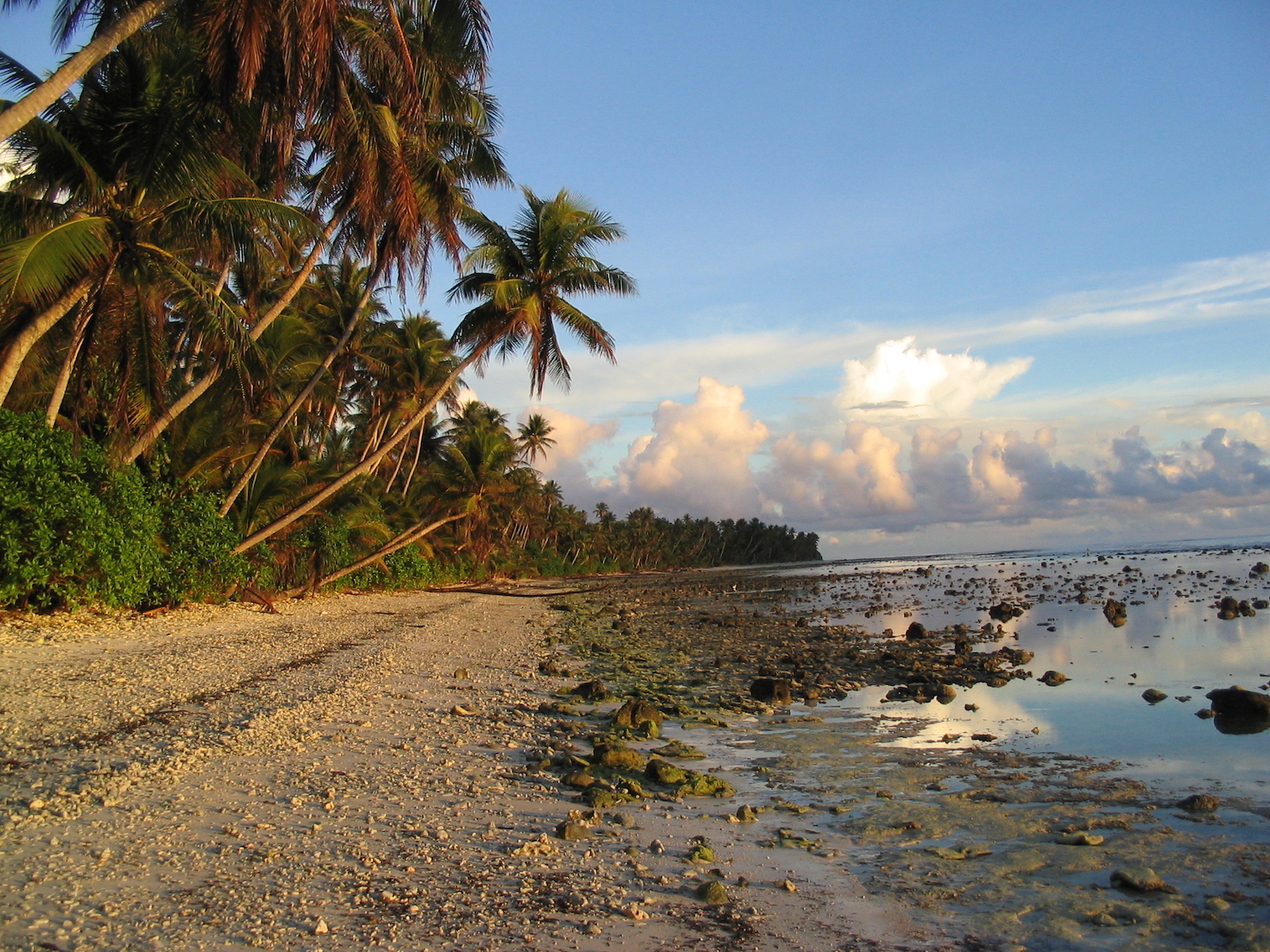
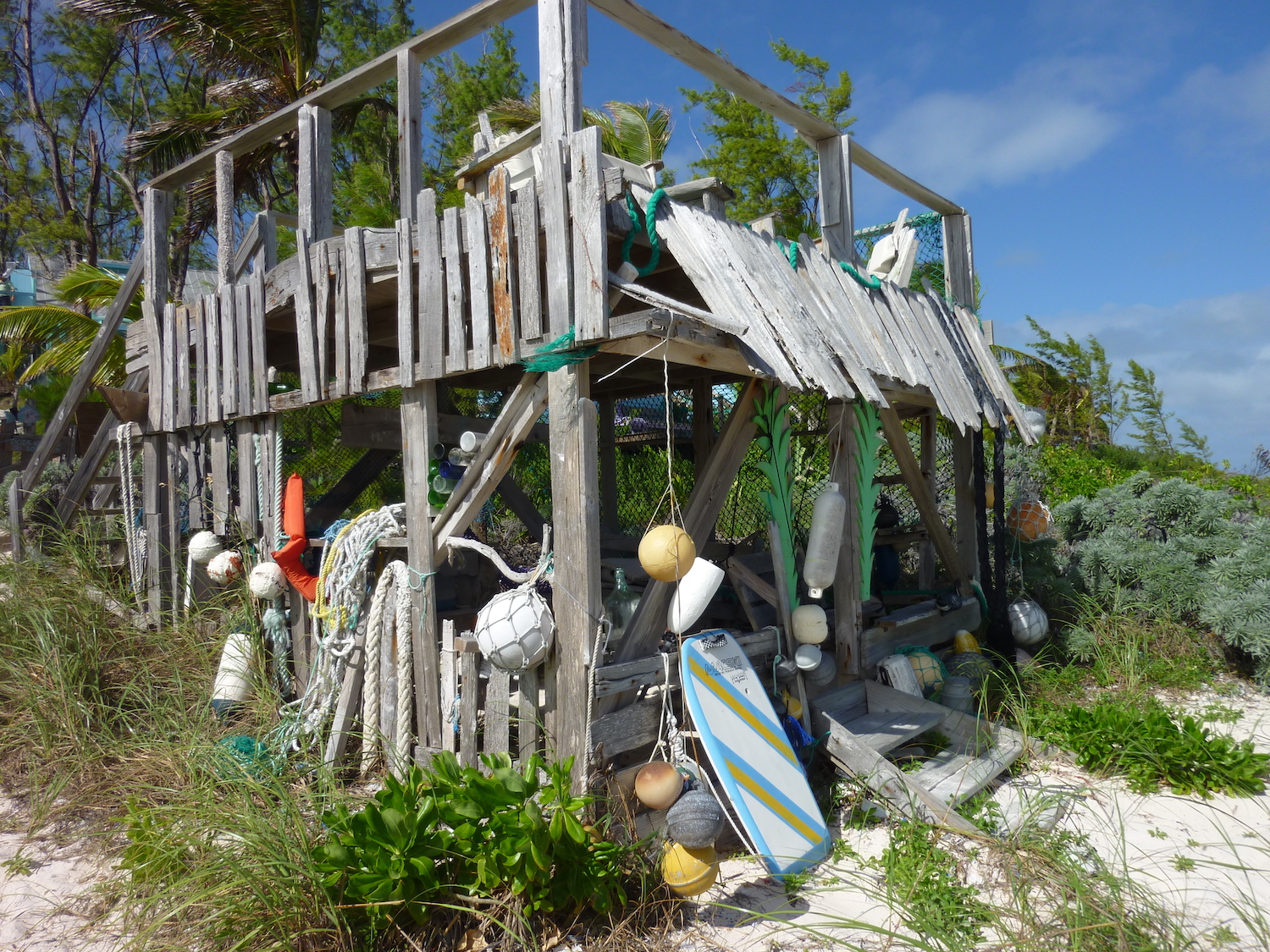
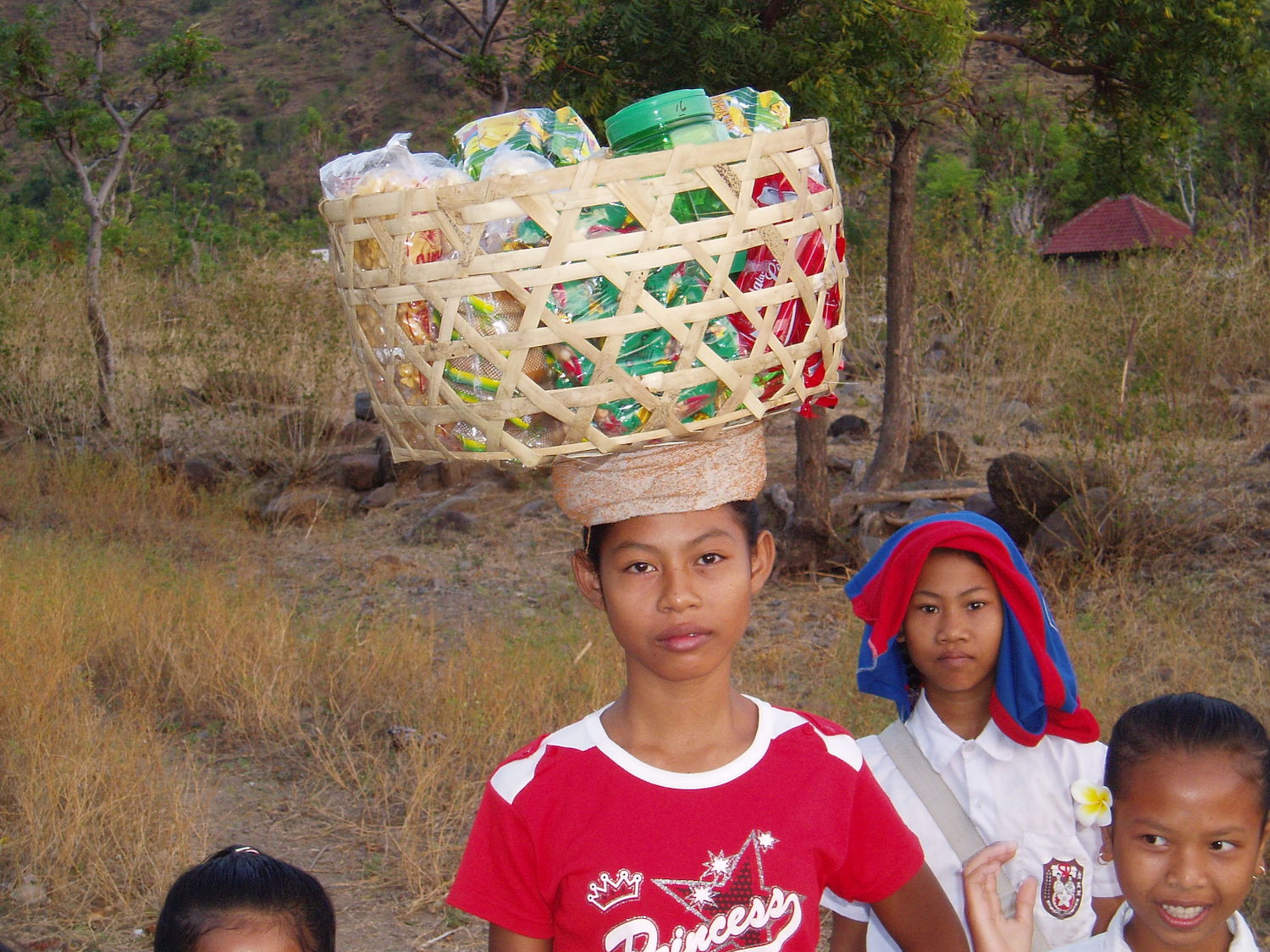
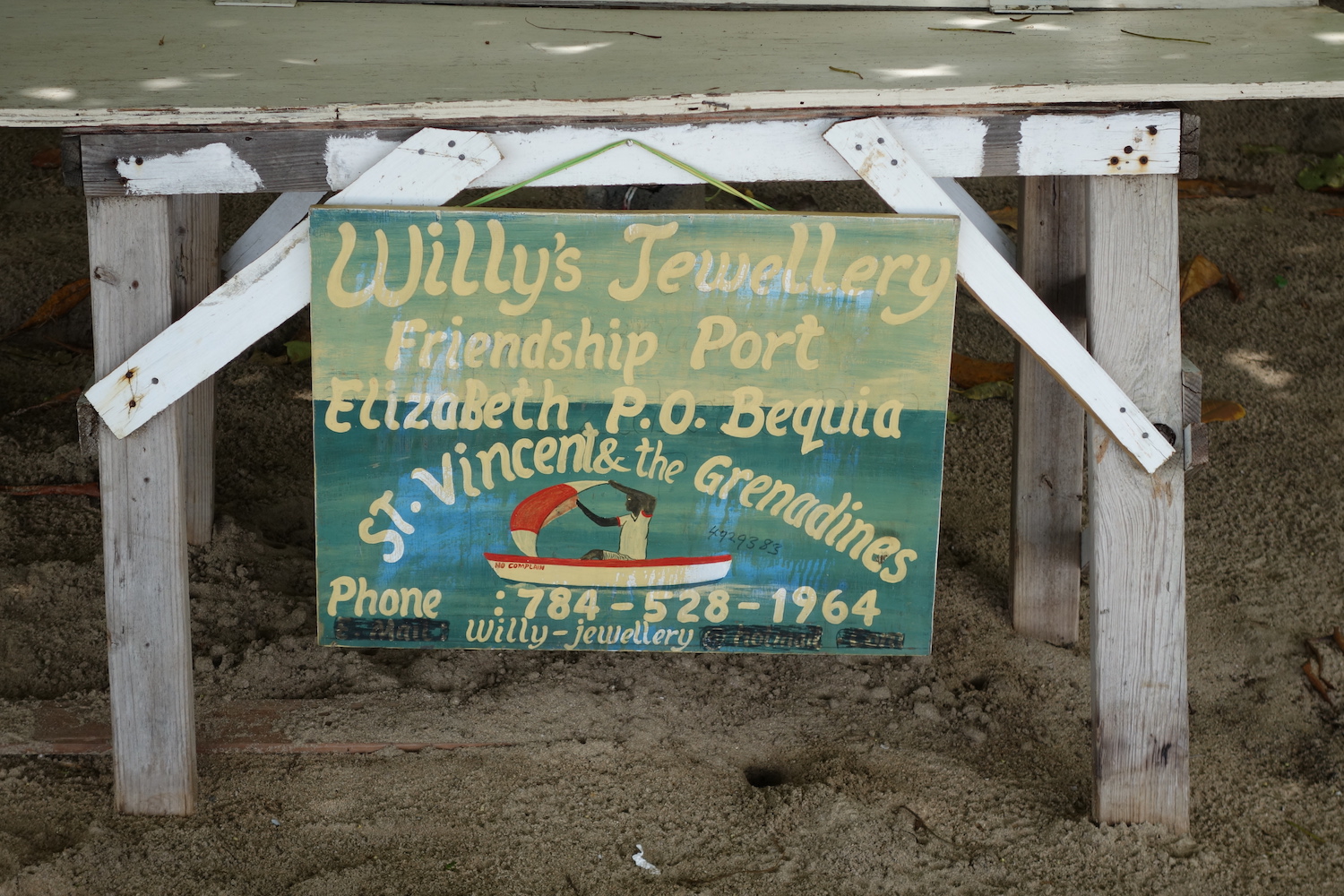
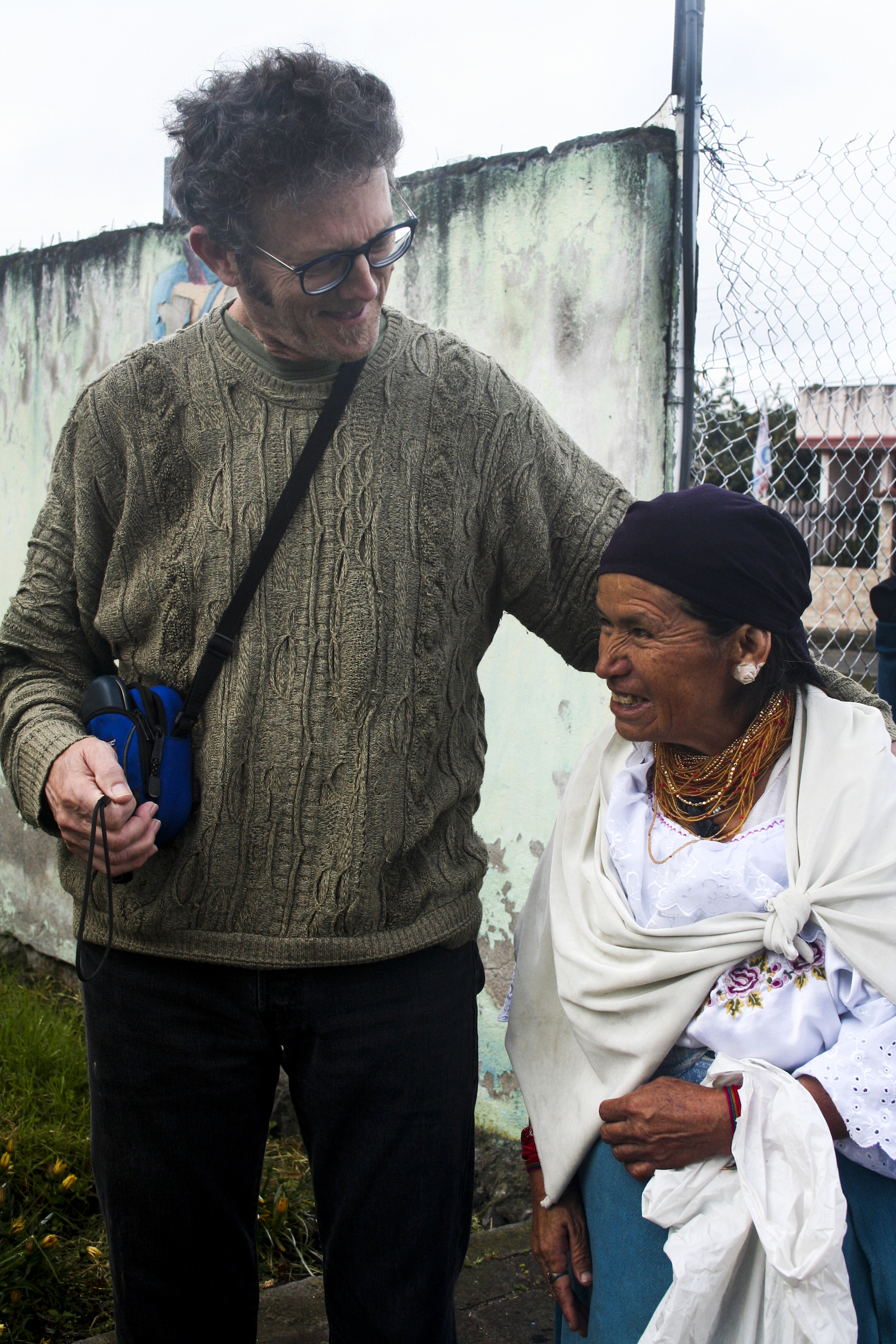






Yes, just had that discussion in Tahiti. Group tour people brought huge suitcases. Me a backpack. We discussed buying clothes at Goodwill to take to destination then leaving most of them in said location. A great plan I thought.
I used to purchase souvenirs – the clutter became so much that about 15 years ago I gave it all away and stopped purchasing items overseas. Now I travel with just a small backpack – life seems more manageable the less things I have.
I enjoyed your reminiscence, and the thoughtfulness behind it. You said you house sit a lot, in places such as Ecuador. How so? Do you go through a service or website that handles arrangements? Any tips—a future piece?—would be appreciated for someone who could be interested in doing something similar
Tom – I also need to start looking into this house sitting as another rabbit in the hat trick to save money when traveling. Thanks for sharing amigo.
Dave, thanks for posting! As for the house-sitting, we use mindmyhouse.com. Here’s a little piece I wrote on house-sitting a bit back: https://fundsforwriters.com/house-sitting-puts-ink-in-the-travel-writers-pen/
Thanks for reading, everyone.
I enjoyed this piece immensely. I never heard these horror, . .I mean hitchhiking stories before. Very amusing cuz.
Deborah, these are more house-sitting horror stories than hitchhiking ones. But man, I have a bunch of those too! Thanks for reading.